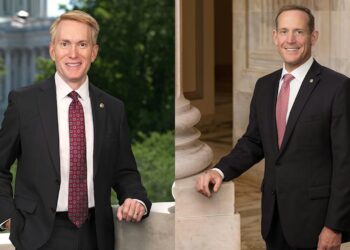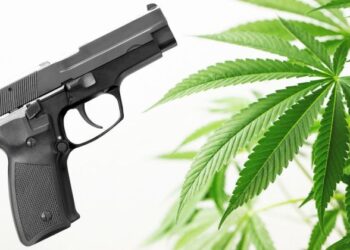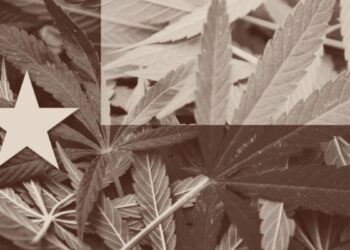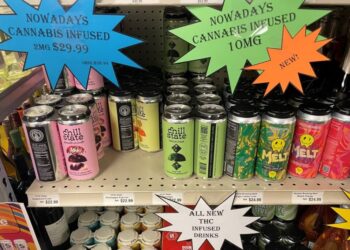
Times are such that no beverage executive is spared from speculation about their conglomerate’s future in selling cannabis products. At the end of January, the CEO of Starbucks, Kevin Johnson, was posed the question by a CNBC reporter, “Can I get a cannabis triple venti?”
Johnson played it coy. “Well you know, Jim, you can’t get a cannabis triple venti today and certainly—but you know, we’re well aware of what’s been happening around CBD, THC, and all the trends in the industry,” the executive said, a lesson in corporate speculative etiquette.
The statements did not throw analysts off of tracking the company’s future plans. Quite the opposite—investment banking firm Cowen and Co. released a 100-page report on Monday in which it pinpoints the coffee and beverage giant as the likely first major chain that will market products featuring CBD.
What’s perhaps even more startling is the report’s conclusion on the ubiquity of CBD in US culture. 6.9 percent of the respondents to Cowan’s 2,500-person US consumer survey said that they currently use CBD, reports Bloomberg. That figure compares to 4.2 percent who said they use e-cigarettes, and 19.6 percent who identify as tobacco users.
Legally, CBD is available in far more states than full spectrum cannabinoid or only-THC products. The recent passage of hemp-friendly US Farm Bill meant that access has expanded to production possibilities for the materials used to produce CBD extracts.
Cowan forecasts that by the year 2025, 25 million people in the United States—that would be 10 percent of its adult population—will be using CBD.
CBD’s future may not be as chartable as Wall Street would like. New York City Health Department became one of the most recent roadblocks to the commercial takeover of the cannabinoid. Officials sent cautionary emails to food and drink establishments serving CBD-infused products this month, reminding them that a ban on such goods would take effect July 1.
“The dynamics are fluid, likely delaying adoption from major coffee players like Starbucks in the near term,” says analyst Andrew Charles in the Cowen report, but adds that of the biggest beverage innovators, the coffee giant is likely “the most forward-thinking”.
If the firm’s prediction comes true and Starbucks does become the first major company to market CBD products, it certainly will not have been the first company to express an interest in doing so. In November, Molson Coors linked with the publicly-traded Canadian cannabis corporation HEXO Corp., and in the following month, Anheuser-Busch InBev announced that it would be investing $50 million in a partnership with another Canadian cannabis company, Tilray.
Starbucks would not be anywhere near the first coffee company to experiment with CBD possibilities. Small companies across the continent have already taken up that gauntlet, including that of singer Willie Nelson’s family. The recent release of Willie’s Remedy brand CBD products is “a purposeful departure” from the Willie’s Reserve line of THC products, says the singer’s wife and CBD brand curator Annie. Willie’s Remedy markets three varietals of certified organic full spectrum hemp oil-infused Colombian coffee beans.












